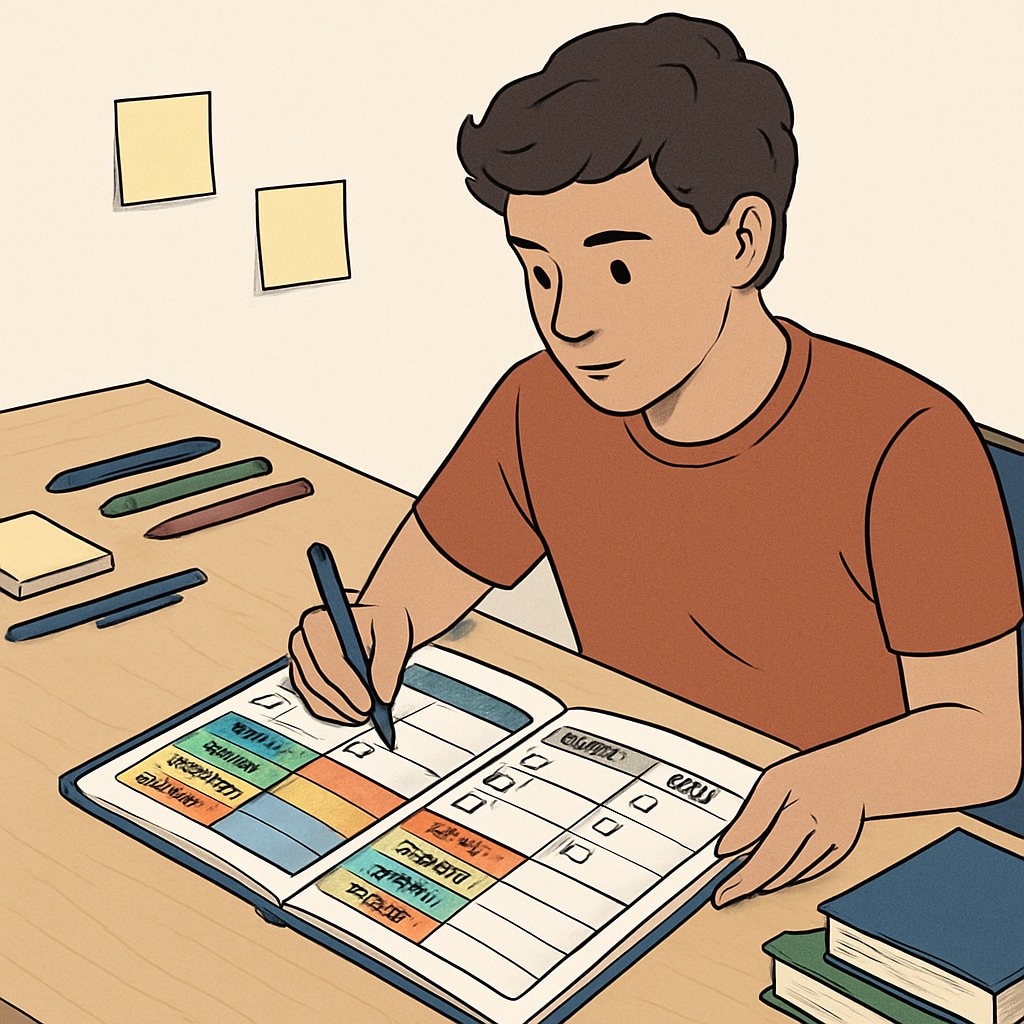Severe credit shortages in high school, coupled with challenges such as ADHD, can make graduation seem out of reach. However, with focused planning, diverse learning methods, and the right support system, students can catch up on credits in just two years and graduate successfully. This guide offers practical strategies to help students navigate their academic journey, rebuild confidence, and achieve their educational goals.
Understanding the Causes of Credit Shortages
Before tackling the problem, it’s essential to understand why credit shortages occur. Common reasons include failing courses, transferring schools with differing graduation requirements, or struggling with ADHD-related challenges such as time management and focus. Identifying the root cause will help tailor the solution to the student’s specific needs.

Developing a Clear Credit Recovery Plan
Creating a structured plan is the cornerstone of successful credit recovery. Here are key steps:
- Meet with a School Counselor: Schedule a meeting to review your transcript, identify missing credits, and discuss available options.
- Set Realistic Goals: Break down the required credits into manageable milestones for each semester.
- Explore Flexible Options: Consider summer school, online courses, or dual enrollment programs to maximize learning opportunities.
These steps provide a roadmap for staying on track and ensuring steady progress toward graduation.
Strategies for Students with ADHD
Students with ADHD face unique challenges, but with the right accommodations, they can thrive academically. Here are some ADHD-friendly strategies:
- Utilize Time Management Tools: Use planners, reminders, and apps to organize assignments and deadlines.
- Break Tasks into Smaller Steps: Avoid overwhelm by focusing on one task at a time.
- Request Accommodations: Speak to your school about extended deadlines, quiet testing environments, or access to a tutor.
These tools can empower students to overcome ADHD-related obstacles and meet their academic goals.

Alternative Learning Pathways
For students unable to recover credits through traditional methods, alternative pathways can provide solutions:
- Online High Schools: Programs like online schools can offer flexible schedules and personalized pacing.
- GED Programs: While not ideal for everyone, a GED is an option for students seeking an alternative to a diploma.
- Community College Courses: Some colleges allow high school students to earn credits toward graduation and college simultaneously.
Exploring these pathways can open doors to graduation, even for students facing significant credit shortages.
Building a Support System
Recovering credits requires persistence and support. Students should surround themselves with individuals who encourage their journey, such as:
- Teachers and Counselors: These professionals can provide guidance and accountability.
- Family Members: A strong support system at home can boost motivation and emotional resilience.
- Peer Support Groups: Connecting with other students facing similar challenges can provide inspiration and shared strategies.
Support systems are vital for maintaining motivation and overcoming obstacles along the way.
Final Thoughts
While severe credit shortages might seem like an insurmountable challenge, proactive planning and a willingness to explore diverse learning options can make graduation achievable. High school students, including those with ADHD, can catch up on credits, rebuild their confidence, and move forward toward their future goals. Remember, setbacks are merely opportunities for growth and success.
Readability guidance: This article uses concise paragraphs, lists to summarize key points, and ADHD-specific strategies to ensure accessibility for all readers.


